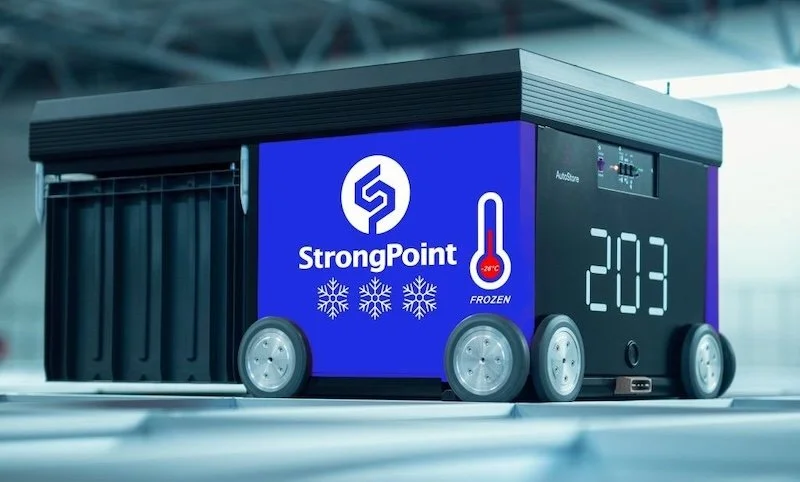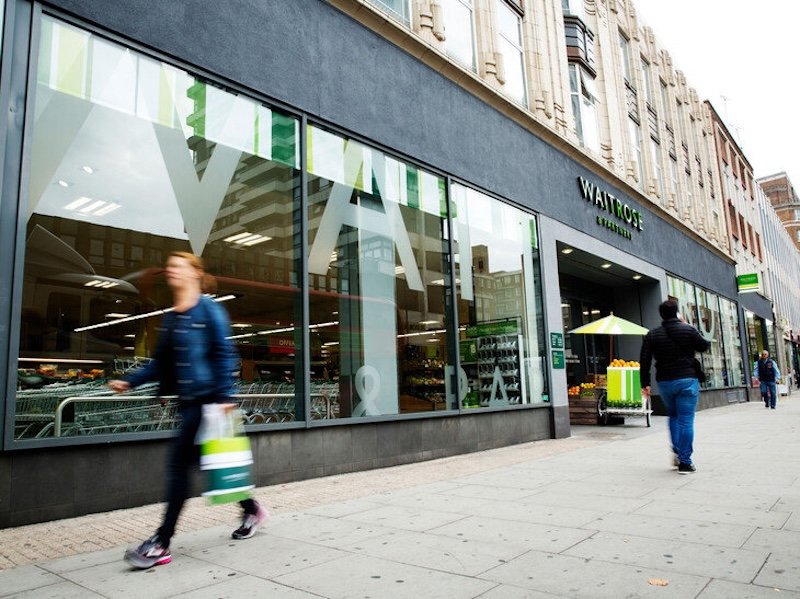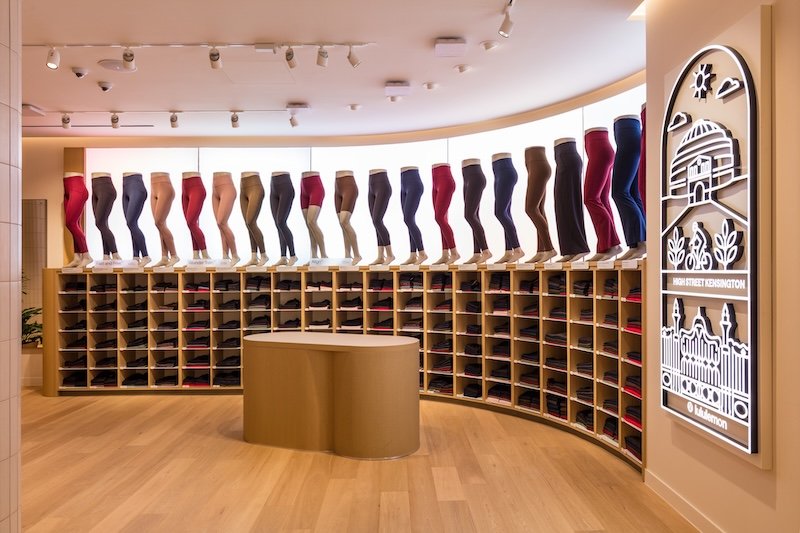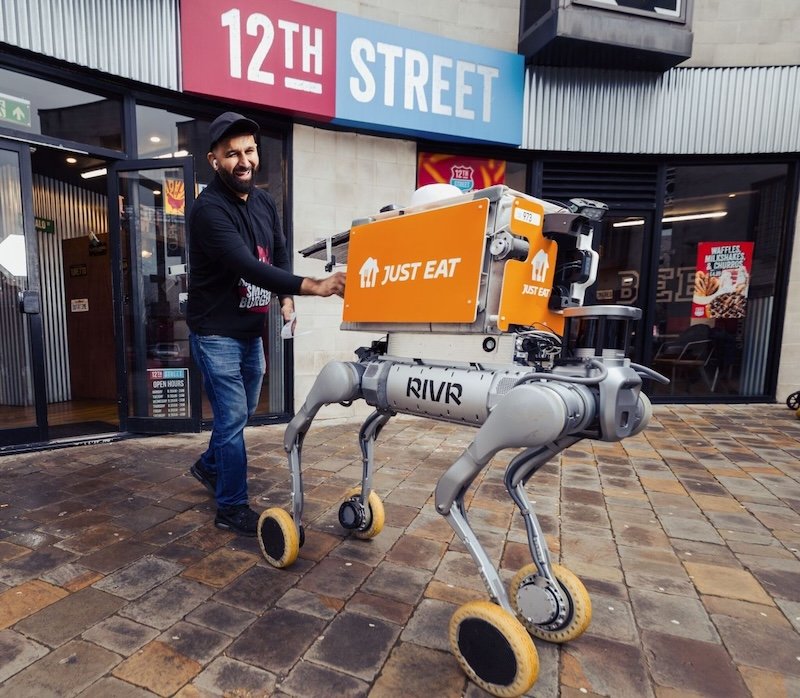In era of AI and automation, Kroger CFCs move a reminder that resilience sometimes looks like restraint
Kroger's decision to pivot away from its high profile CFC model and lean more heavily into third-party delivery platforms is a fascinating reminder that the right fulfilment strategy isn’t always the most technologically advanced one. Rather, it's the one that fits the economics of the moment. So says Rich McMahon, CEO and Founder at cda Ventures.
Ocado Group will miss out on $50 million of revenue in its current financial year as a result of the closures. It will receive $250 million in compensation, while Kroger expects to incur about $2.6 billion in impairments because of the closures and its automated warehouses not meeting financial expectations.
In a LinkedIn post, McMahon said: "Too often in retail, leaders default to what feels familiar or what appears cutting-edge, assuming ownership of fulfillment centres is the “only” path to scale. Kroger’s reset shows a pragmatic willingness to adapt, even at the cost of closing facilities and taking significant impairment charges. That takes discipline, not just vision."
McMahon noted that when he was at Bed Bath & Beyond from the late ’90s through 2015, they intentionally avoided building a heavy, asset intensive fulfillment network. Instead, they operated a few targeted DTC facilities and leaned heavily on an expansive store fleet supported almost entirely by third-party pool points and consolidation centres.
"It wasn’t glamorous, but it worked. It gave us flexibility, kept our cost structure variable, and let us scale up or down based on demand long before “omnichannel” became a buzzword,” he commented.
"The twist is this: in the era of AI, robotics, and bold Capex automation, Kroger is reminding the industry that resilience sometimes looks like restraint. By blending partnerships with Instacart, DoorDash, Uber Eats and selective automation only where density makes sense, they’re crafting a fulfillment strategy that’s adaptive, capital light, and built around customer behaviour, not internal ambition.”
“For retailers navigating 2025 and beyond, the lesson is clear: the smartest fulfillment strategy may not be the one you build, but the one you orchestrate."
RTIH AI in Retail Awards
RTIH proudly presents the first edition of its AI in Retail Awards, sponsored by 3D Cloud and EdTech Innovation Hub.
This is now open for entries. Deadline for submissions is Friday, 5th December. It’s free to enter and you can do so across multiple categories.
Check out categories and entry forms here.
As we witness a digital transformation revolution across all channels, AI tools are reshaping the omnichannel game, from personalising customer experiences to optimising inventory, uncovering insights into consumer behaviour, and enhancing the human element of retailers' businesses.
With 2025 set to be the year when AI and especially gen AI shake off the ‘heavily hyped’ tag and become embedded in retail business processes, our newly launched awards celebrate global technology innovation in a fast moving omnichannel world and the resulting benefits for retailers, shoppers and employees.
Our 2025 winners will be those companies who not only recognise the potential of AI, but also make it usable in everyday work - resulting in more efficiency and innovation in all areas.
Winners will be announced at an evening event at The Barbican in Central London on Thursday, 29th January. This will kick off with a drinks reception in the stunning Conservatory, followed by a three course meal, and awards ceremony in the Garden Room.






























Continue reading…